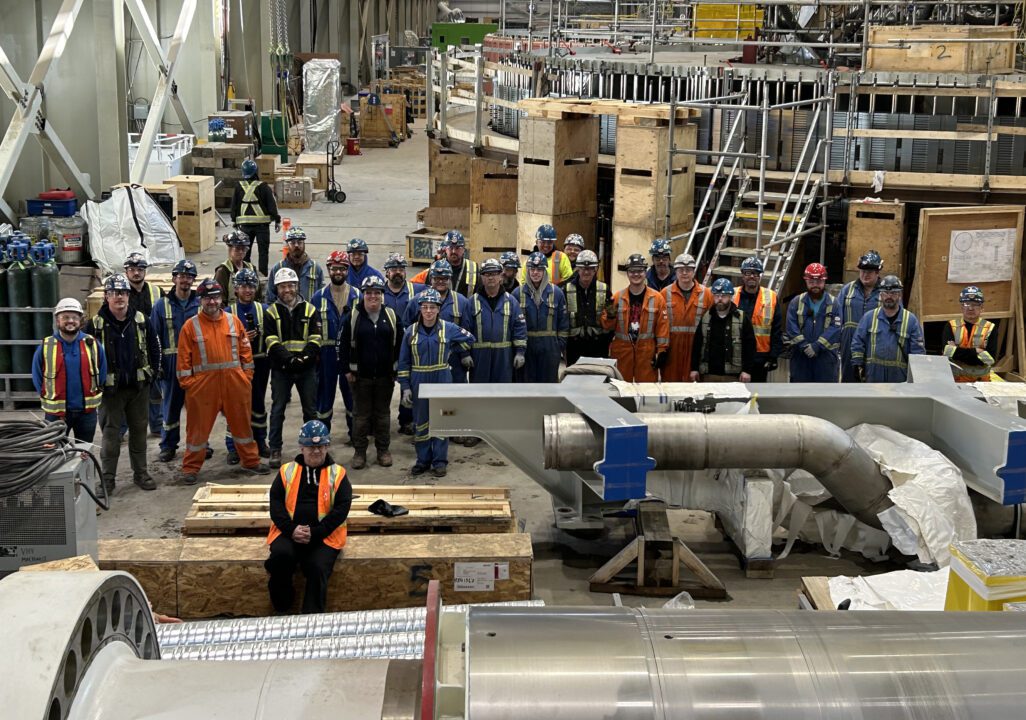I started my journey into the trades when I was 15. My Uncle is an instructor at BCIT for heavy equipment mechanics. He showed me around the shop that he taught in, and I could imagine myself in a similar place one day. I took mechanical and metal working classes when I was in high school and in grade 12 I joined the dual credit program. Dual credit programs allow you to take an introductory course and are designed to get individuals into the skilled trades sooner.
The local college did not offer a heavy equipment foundations course, but they did offer the millwrights foundation course. After some research, I found that the millwright & heavy equipment mechanic programs were similar, so I enrolled in the millwright foundations program. After six months of school, I applied to all the local heavy equipment shops, but none seemed interested in a female millwright apprentice. Shortly after, I went to my instructor for his guidance and he encouraged me to apply with the Millwrights Union, local 2736. I’ve been unionized since 2019. After being a millwright for seven years, I still love it. Although I’ve had my struggles, I don’t regret my choice. Millwrighting has taken me all over British Columbia and it has allowed me to be financially stable. My parents instilled good work ethics in me and I love them for that.
I love millwrighting because there is always something to learn, even the slow and most tedious jobs have taught me something. One job taught me how to use an inside micrometer, in another I learned how to align a belt conveyor, and also how a hydro dam works. I’ve been a journeyman for almost three years now and I am still learning new things. I have learned to think through problems, and I can proudly say that I will always be able to fix or figure out where a mechanical problem starts. Being a millwright gives you access to many industries. We work in mills, hydro plants, oil and gas, nuclear, manufacturing, hospitals, schools, and more. If an office is more your speed, millwrights often become site supervisors or management due to their wide range of expertise. After all, we are the Jack (or Jill) of all trades. Once you become a millwright the direction you go is all up to you.
Anyone interested in being a Millwright should do it. There will be struggles and you may feel like giving up, but when you come out on the other side you will look back and be so proud of all that you endured. After all, anything worth doing is hard.




